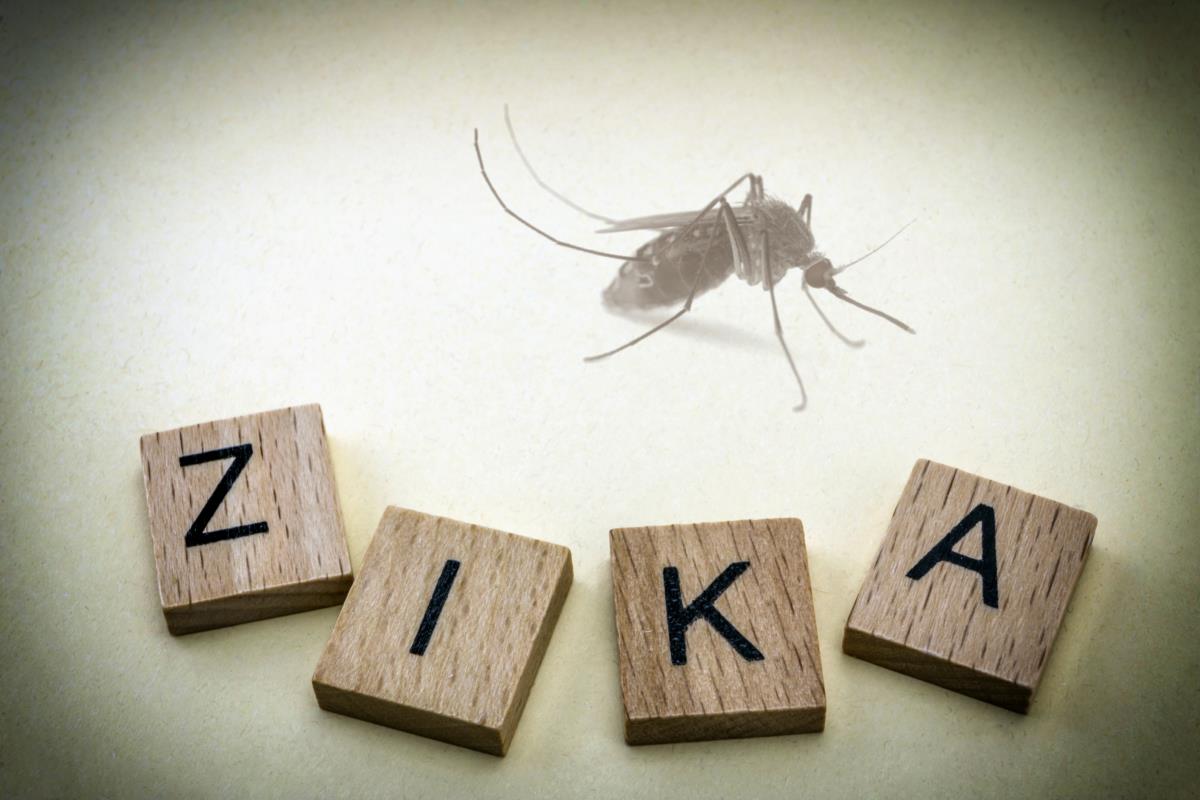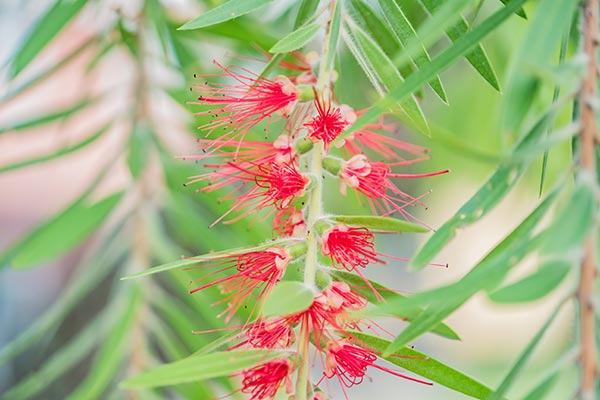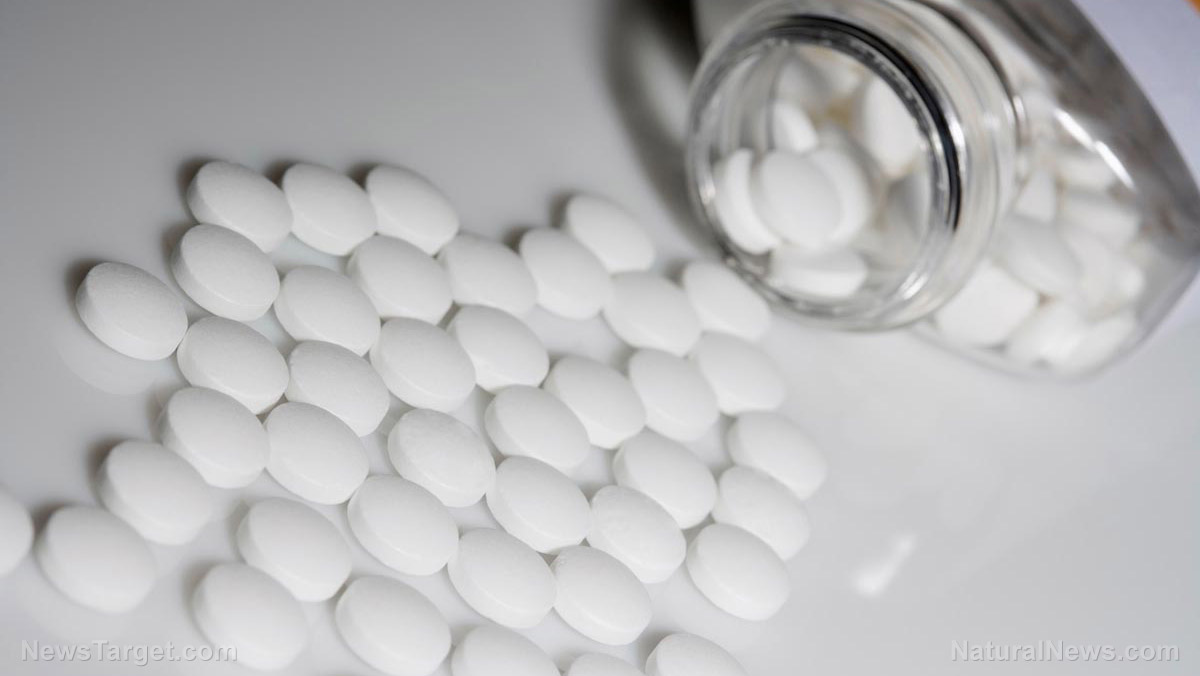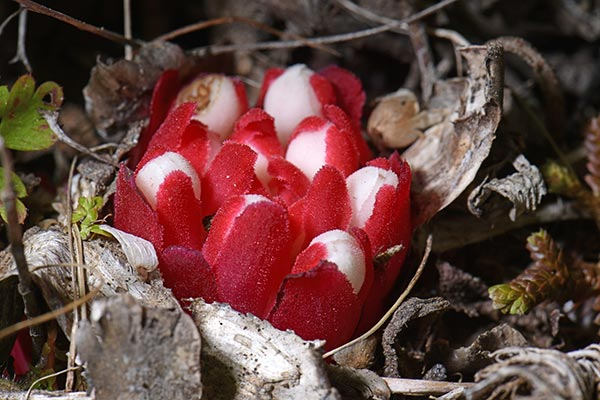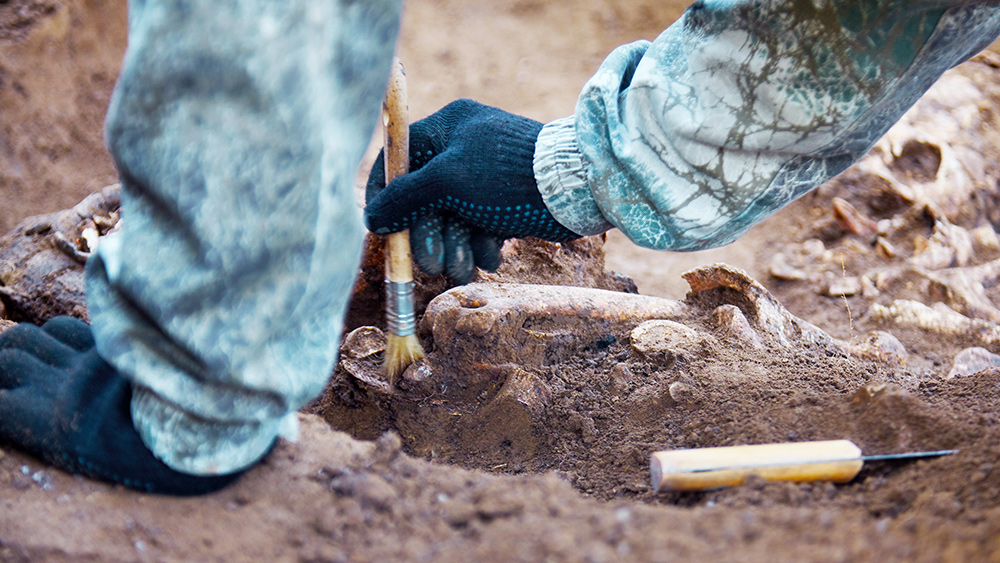A healthy gut is the first step in getting the most benefits from Chinese ginseng
01/02/2020 / By Evangelyn Rodriguez

A healthy digestive system is just as important for overall health as a healthy immune system. In fact, the two are connected. Several studies have shown how the body benefits from having a healthy gut microbiota — the community of microorganisms that live in the human gut. However, the exact role of this microbial community in the metabolism of the active components of medicinal plants is poorly understood. In a study published in the Chinese Journal of Natural Medicines, researchers from Central South University and the Hunan University of Chinese Medicine in China investigated the gut microbiota-mediated transformation of saponins from Panax notoginseng in vivo. They reported that the effectiveness of medicinal herbs and their bioactive components is influenced by a person’s gut health, specifically, the state of their gut microbiota.
The role of gut microbiota in human health
The human gut is home to trillions of microbes: some beneficial and some potentially problematic if their numbers aren’t kept in check. According to recent estimates, the ratio of human cells to bacteria cells in a normal human body is 1:1, and the collective bacterial genome present in it contains 100 times more genes than the human genome. Combined, the bacterial genome and the human genome present in a body make up a person’s microbiome.
Over the years, technological advancements have allowed researchers to appreciate the importance and impact of microbiome composition on human health. Being the more easily disruptable component of the human microbiome, gut microbiota has been the focus of numerous scientific investigations. Recent studies have accumulated considerable evidence of the role it plays in the development of chronic diseases. These diseases include obesity, hypertension, cardiovascular disease, diabetes, inflammatory bowel disease, depression and cancer, among others.
According to a review published in the journal Cell, constituents of the gut microbiota, which include bacteria, viruses, and eukaryotes — interact with one another and with their host’s immune system in various ways. While some of these interactions have healthy outcomes, others influence the development of diseases. For instance, researchers have found that an increase in Clostridium and Fusobacterium bacteria in the gut is linked to gastric cancer. Meanwhile, increasing the number of Bacteroidetes bacteria and decreasing Firmicutes in the gut confers a protective effect against obesity.
Experiments involving germ-free mice have also produced interesting results. Devoid of all microorganisms, these animals have reduced gut secretory immunoglobulin A (IgA), an antibody that plays a crucial role in the immune function of mucous membranes. IgA is particularly important for the protection of mucosal surfaces and the preservation of host-microbiota mutualism. (Related: The health of your gut microbiome could predict your risk of heart disease, researchers find.)
The role of gut microbiota in the metabolism of P. notoginseng saponins
P. notoginseng or Chinese ginseng is a medicinal herb often used to stop the bleeding caused by injuries and to treat inflammation, trauma and internal hemorrhage. Studies on its medicinal properties also reveal that it has anti-vascular aging, anti-brain aging, anti-cancer and longevity-promoting properties. P. notoginseng contains many phytonutrients, most notably saponins, which are its major components. Saponins are a group of plant glycosides that exhibit antimicrobial, antioxidant and immune-enhancing activities. However, saponins have poor oral bioavailability.
Previous studies have found that P. notoginseng saponins (PNS) can be metabolized by gut microbiota in vitro. To determine if this is also true in vivo, the researchers constructed pseudo-germ-free rat models using broad-spectrum antibiotics and gave them PNS. They also developed a set-up for the quantitative analysis of four PNS metabolites, namely, ginsenoside F1, ginsenoside Rh2, ginsenoside compound K, and protopanaxatriol. The researchers found that the four metabolites can be detected in the plasma of the control (normal) rats but not in the plasma of pseudo-germ-free rats. This implied that PNS cannot be biotransformed effectively when the gut microbiota is disrupted.
Based on their findings, the researchers concluded that gut microbiota plays an important role in the biotransformation of PNS into effective metabolites in vivo.
Sources include:
Tagged Under: alternative medicine, bioavailability, biotransformation, Chinese ginseng, gut health, gut microbiota, herbal medicine, Herbs, metabolism, natural cures, natural medicine, Panax notoginseng, phytonutrients, remedies, research
RECENT NEWS & ARTICLES
COPYRIGHT © 2017 RESEARCH NEWS

